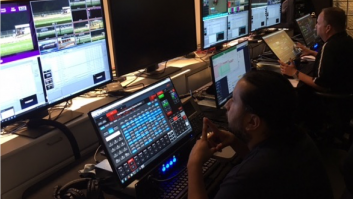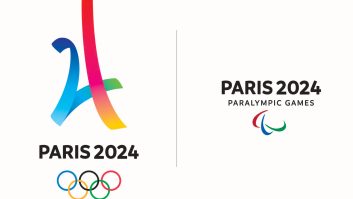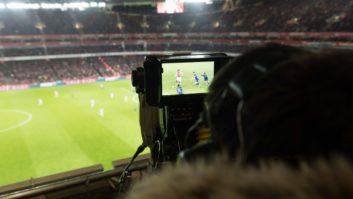
New research supports the idea that bad 3D is denting the growth of the format at the cinema. On the flip side, there was a positive reaction to indie films like Pina, which deliver a more subtle use of 3D.
The report from Brandwatch gauges the public’s response to 3D films through social media – in particular the three biggest releases in the UK this summer. Immediate takeaways are that sentiment is generally positive – at least for those anticipating the latest film in 3D. However audiences for Harry Potter and the Deathly Hallows, The Pirates of the Caribbean: On Stranger Tides, and Green Lanternrevealed a clear swing from positive anticipation to negative reaction on post-viewing.
While the prospect of watching a 3D film enhances levels of anticipation pre-screening, the public expresssed greater negativity once the film has been viewed. On average, the research suggests that the viewer is 35–40% more negative about the 3D aspect of film than they were before the screening.
Higher ticket prices provoked only negative feeling, and it is connected with the attitude toward the glasses. Negative adjectives used by respondees include: ‘superfluousness’ and ‘gimmicky’. By contrast, subtle use of 3D was often met with approval with indie films Pina 3D and Cave of Forgotten Dreams 3D, which were both released to low volume.
The picture is a little more confused then just subtle versus ‘in your face’, however, and seems to relate to viewers expectation of the 3D experience of a particular film. Cinema-goers either find the 3D effect too subtle, or admirably subtle; too heavy handed, or satisfyingly ‘in your face’, the report found.
Headaches – and suspected ‘darker screen’ effect – were pointed to by people as real, experienced issues, and not just truisms, although very few viewers (around 7%) of those who commented on their experience of Harry Potter in 3D testified to experiencing nausea and discomfort.
www.brandwatch.com







